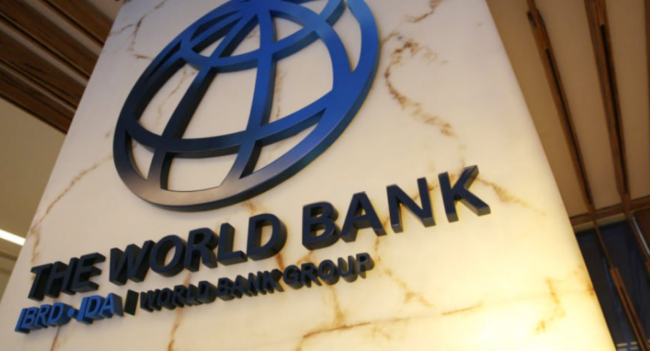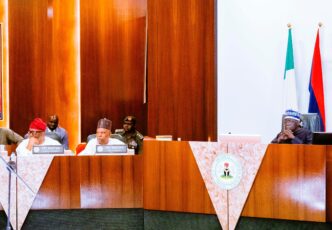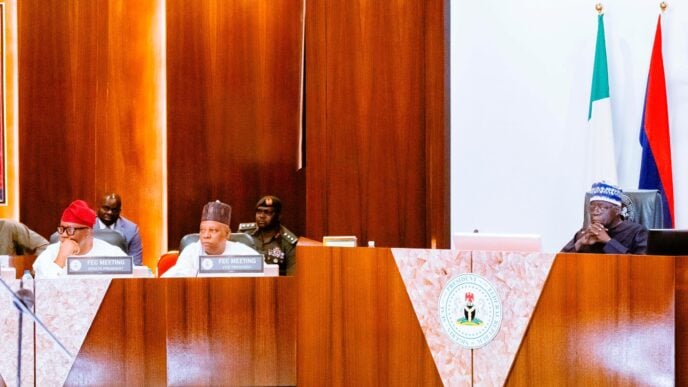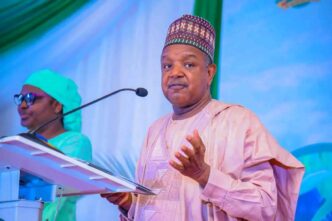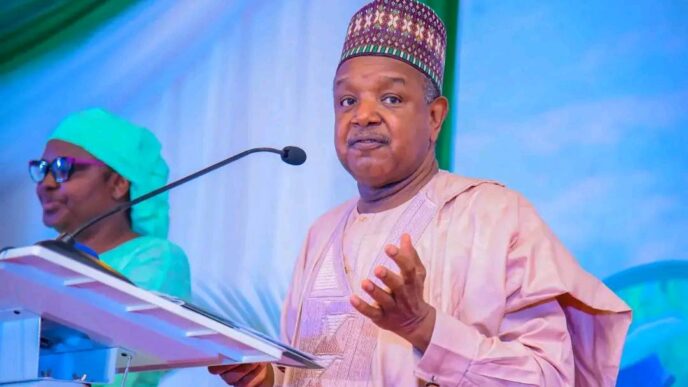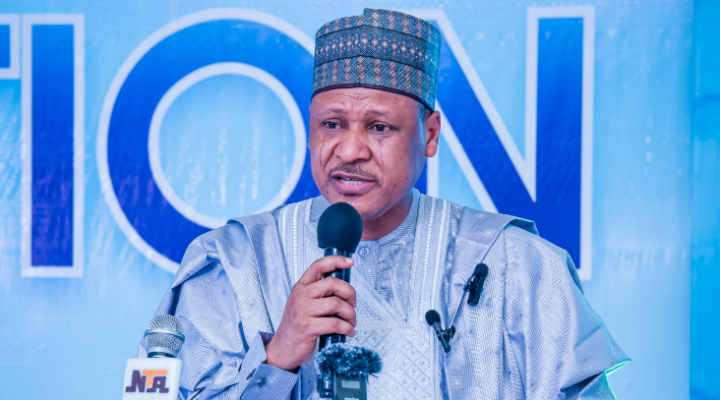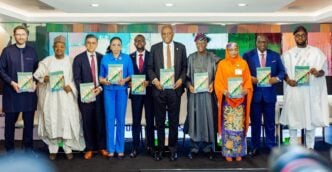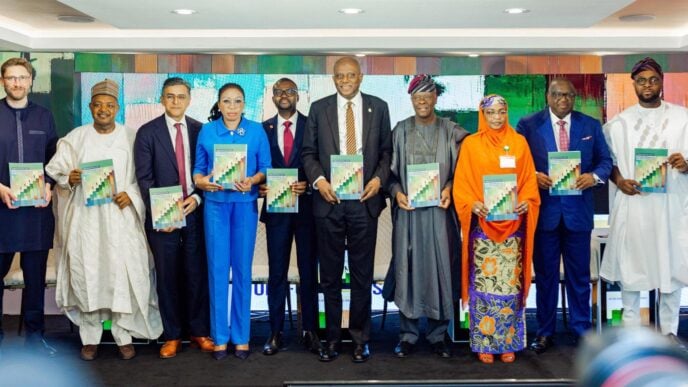The World Bank says Nigeria must accelerate economic growth and create more jobs to become a $1 trillion economy by 2030.
In its latest Nigeria Development Update (NDU) released in Abuja on Monday, the World Bank said a private sector-led, public sector-facilitated growth strategy would boost inclusive growth and reduce poverty.
The report is titled ‘Building Momentum for Inclusive Growth’.
“In order for the economy to meet the government’s aspiration of achieving a US$1 trillion economy by 2030 and deliver poverty reduction and shared prosperity, the pace of growth needs to accelerate further and its composition rebalanced towards those economic sectors and firms that are most productive, generate positive spillovers, and create jobs and opportunities at scale, especially for the poor and economically insecure,” World Bank said.
Advertisement
“At present, the best-performing sectors of the economy, like finance and ICT, are important drivers of growth but are not sources of mass employment as many Nigerians do not yet have the skills and opportunities to participate in them.
“A private sector-led, public sector-facilitated growth strategy can boost inclusive growth.
“Key elements of this strategy to include addressing major infrastructure gaps, such as in electricity and transportation, fostering healthy competition, market openness, and improving the business environment to spur business dynamism.
Advertisement
“Improving access to finance for new and existing firms to grow and improve productivity; Improving policies in key sectors to help unleash the potential of these sectors.”
NIGERIA’S ECONOMIC GROWTH INCREASES TO 3.4 PERCENT IN 2024
According to the NDU, Nigeria’s economic growth rose to 3.4 percent in 2024, with macroeconomic conditions improving due to sustained reforms.
“The economic growth in the last quarter of 2024 increased to 4.6% (year-on-year), pushing growth for the full year 2024 to 3.4%, the highest since 2014 (excluding the 2021-2022 COVID-19 rebound),” the World Bank said.
“Recent reforms have also helped to strengthen the foreign exchange (FX) market and Nigeria’s external position.
Advertisement
“The consolidated fiscal position improved in 2024, driven by surging revenues. The fiscal deficit shrank from 5.4% of GDP in 2023 to 3.0% of GDP in 2024, a major improvement which was driven by a sharp increase in revenues of the entire Federation, which rose from N16.8 trillion in 2023 (7.2% of GDP) to an estimated N31.9 trillion in 2024 (11.5% of GDP).”
The report noted that inflation remains high but is expected to fall to an annual average of 22.1 percent in 2025, as a sustained tight monetary stance takes effect.
“Now, the challenge is to consolidate macroeconomic stability and ignite inclusive growth through deeper, wider structural reforms,” the World Bank added.
“There is a need for the economy to generate more and better jobs at scale and reduce poverty.”
Advertisement
Taimur Samad, acting World Bank country director for Nigeria, said the country has made notable progress in restoring macroeconomic stability.
“With the improvement in the fiscal situation, Nigeria now has a historic opportunity to improve the quantity and quality of development spending; investing more in human capital, social protection, and infrastructure,” Samad said.
Advertisement
“The allocation of public resources can begin to shift away from the past unsustainable pattern, and rather towards meeting Nigeria’s large development needs, including the government playing its essential role of providing basic public services and serving as an enabler of private sector–led growth.”
On his part, Alex Sienaert, World Bank lead economist for Nigeria, said international experience shows the public sector alone cannot drive sustainable growth and job creation.
Advertisement
“Nigeria is no exception, particularly since public resources remain constrained,” Sienaert said.
He added that the government should focus on providing essential public services and enabling the private sector to invest, innovate, and grow the economy.
Advertisement
